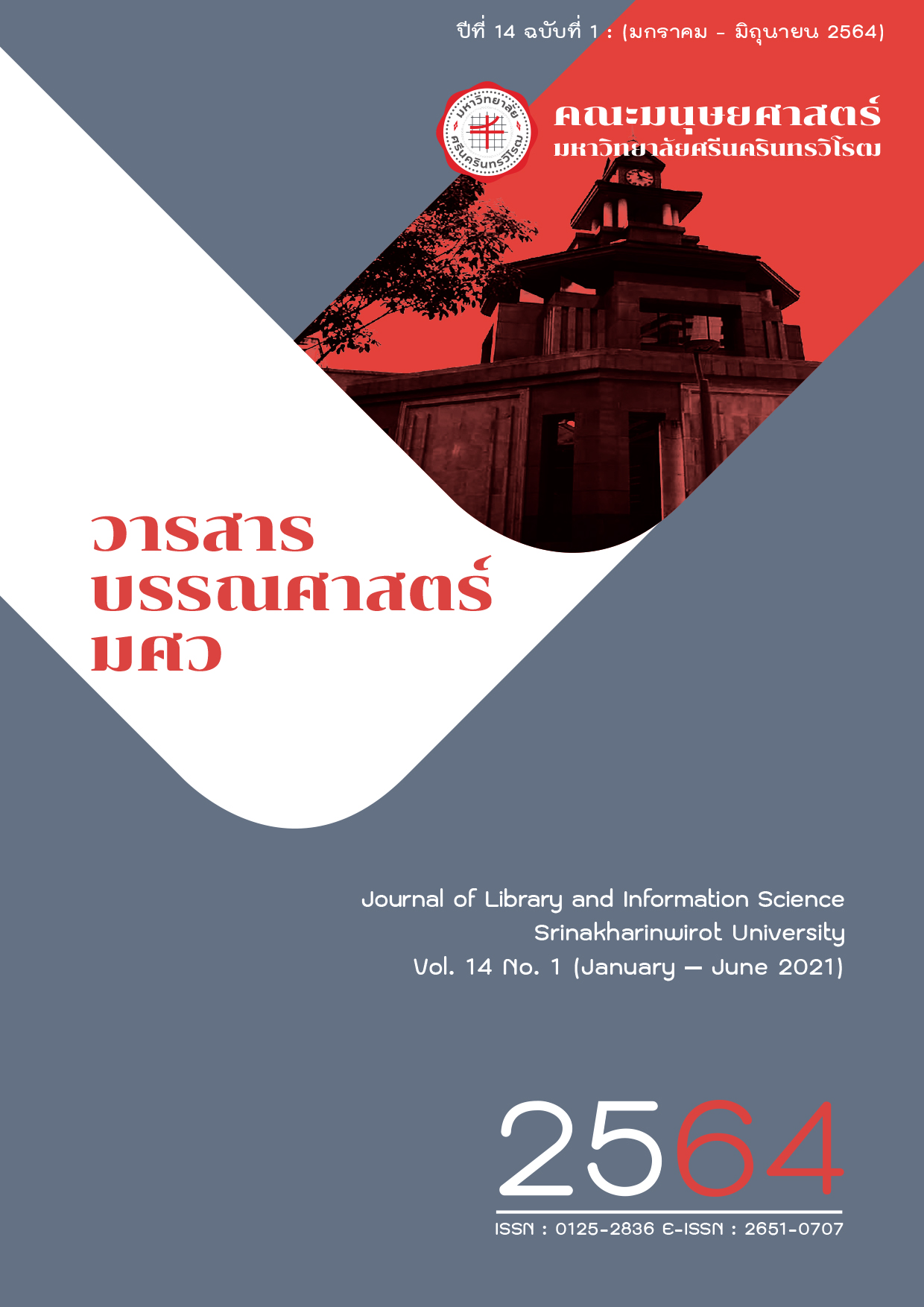Results of an Experiment on the Use of Credit Bank System of Vocational Institutions in Tak Province
Keywords:
Credit Bank System, Vocational EducationAbstract
A credit bank system provides all citizens opportunities to transfer prior knowledge and experience gained from formal education, non-formal education, self-instruction, or learning experience into their studies in a curriculum of an academic institution, and hence, it can reduce time to obtain a degree. The credit bank system also encourages lifelong learning. Both students and working adults have opportunities to use their prior education or working experience to pursue further studies or to efficiently apply it to their work. According to the experiment on the use of a credit bank system of vocational institutions in Tak Province, it was found that the system can (1) enhance learners’ opportunities for those who have discontinued their studies and subsequently wish to transfer the credits acquired to recommence in the same institution or in another institution, either in a different education system or at a different level; (2) offer opportunities for working adults to substitute working experience for credits in a curriculum in order to pursue continuous self-development according to the lifelong learning principle; (3) create innovation in a collaborative network among vocational and secondary institutions and non-formal and informal education; and (4) be used as a prototype for a credit bank system of vocational institutions to improve the quality of vocational education in Thailand.
References
Nutnapa Ruenobcheoy. Credit Bank System and Credit Transfer. Retrieved March 12, 2021, from http://www.mua.go.th/users/bhes/front_home/Data%20Bhes_2559/CBS.pdf. (in Thai)
The National Education Act. B.E.1999. Retrieved March 1, 2021, from http://www.moe.go.th/main2/plan/p-r-b42-01.htm#5. (in Thai)
Pinsuda Siritarangsri et al. (2015). The Developmental Approach to Credit Bank System: Basic Education (Research Report). Bangkok: Office of the Education Council. (in Thai). 8-9.
Pinsuda Siritarangsri et al. (2016). Developing The Quality and Enhancing The Education of Learners by Using The Credit Bank System: Basic Education (Research Report). Bangkok: Office of the Education Council. (in Thai). 21-170.
Linda vajarasatheanphong. 2019. Lifelong Learning, used in battle the changes of the Disruptive world. Retrieved April 20, 2021, from. https://bit.ly/3eYGdNP. (in Thai)
Office of Vocational Education Commission. 2017. Criteria and guidelines for the transfer of knowledge and experience in the subject. Retrieved April 15, 2021, from. https://bit.ly/3uB5HaA. (in Thai)
Office of the Education Council. 2010. National Qualifications Framework: a case study of foreign countries’s Qualifications Framework. Bangkok: Office of the Education Council. (in Thai). 26-27.
Arunee Trakarnpairoj. 2018. Thailand Credit Bank System for Lifelong Learning. (Doctoral dissertation). Dhurakij Pundit University, 2-78. (in Thai)
Kee, Youngwha. 2015. Retrospect and prospect of the academic credit bank system and its advancement of educational wellbeing in Korea. International Journal of Continuing Education and Lifelong Learning, Vol. 8, No. 1, Dec 2015: 102-121. Retrieved. https://search.informit.com.au/documentSummary;dn=706026044360187;res=IELHSS
Medel-Añonuevo, Carolyn, Ohsako, Toshio and Mauch, Werner. 2001. Revisiting lifelong learning for the 21st century. Retrieved. https://unesdoc.unesco.org/ark:/48223/pf0000127667, 1-3.
Singh, Madhu. 2015. Global perspectives on recognising non-formal and informal learning: why recognition matters. Retrieved. https://unesdoc.unesco.org/ark:/48223/pf0000233655, 1.
Downloads
Published
Issue
Section
License
Copyright Notice
Copyright of articles in the journal of Journal of Library and Information Science Srinakharinwirot University is the author's and the Faculty of Humanities, Srinakharinwirot University. All articles submitted for publication will be assessed by a group of distinguished reviewers. The Faculty of Humanities, Srinakharinwirot University and the editorial board claim no responsibility for the contents or views expressed by the authors of Individual articles. Copying is allowed freely, provided acknowledgement is made thereof, and within the scope of copyright law.



